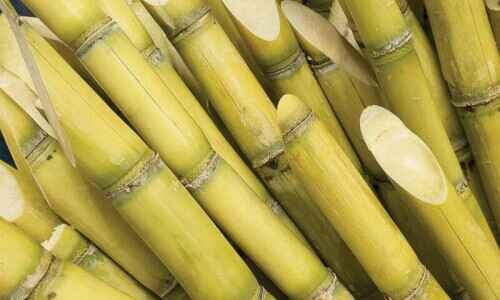KARACHI: According to reports on Monday, the powerful sugar sector is trying to raise the price of bagasse, a byproduct of sugarcane, by five to eight times the going rate.
In the industrial sector, bagasse is utilized as biofuel. Pakistan is looking into a number of options to lower energy expenses because thermal energy is becoming more and more expensive, and there are considerable taxes on it.
On the other hand, sources claimed that a fresh plan to raise bagasse prices through tying them to coal prices and using power corridor influence was beginning to take shape.
According to sources, depending on the product’s quality, bagasse currently costs between Rs5,000 and Rs8,000 per tonne in the local market. Because the price of bagasse is correlated with that of coal, a tonne might cost approximately Rs40,000.
At the moment, a tonne of coal costs roughly Rs 45,000. A monopoly on imported coal has reportedly been reported in the media, and the market system for coal supply is likewise complex.
With a total yield of 73.40 million tonnes, sugarcane is grown on 1.22 million hectares. Although sugarcane’s use has historically been restricted to the production of sugar, it has the potential to significantly impact the nation’s energy matrix.
Pakistan may produce bioelectricity through the sugarcane industry.
The nation has the capacity to produce about 3,000MW of electricity from sugarcane, per a research report. Sugar mills that generate electricity have been presented with a number of financial incentives.
According to sources, there will be less chance for the industry to get cheaper energy if bagasse costs are raised to match coal prices.
The exorbitant cost of electricity is already causing the nation to endure enormous losses.








